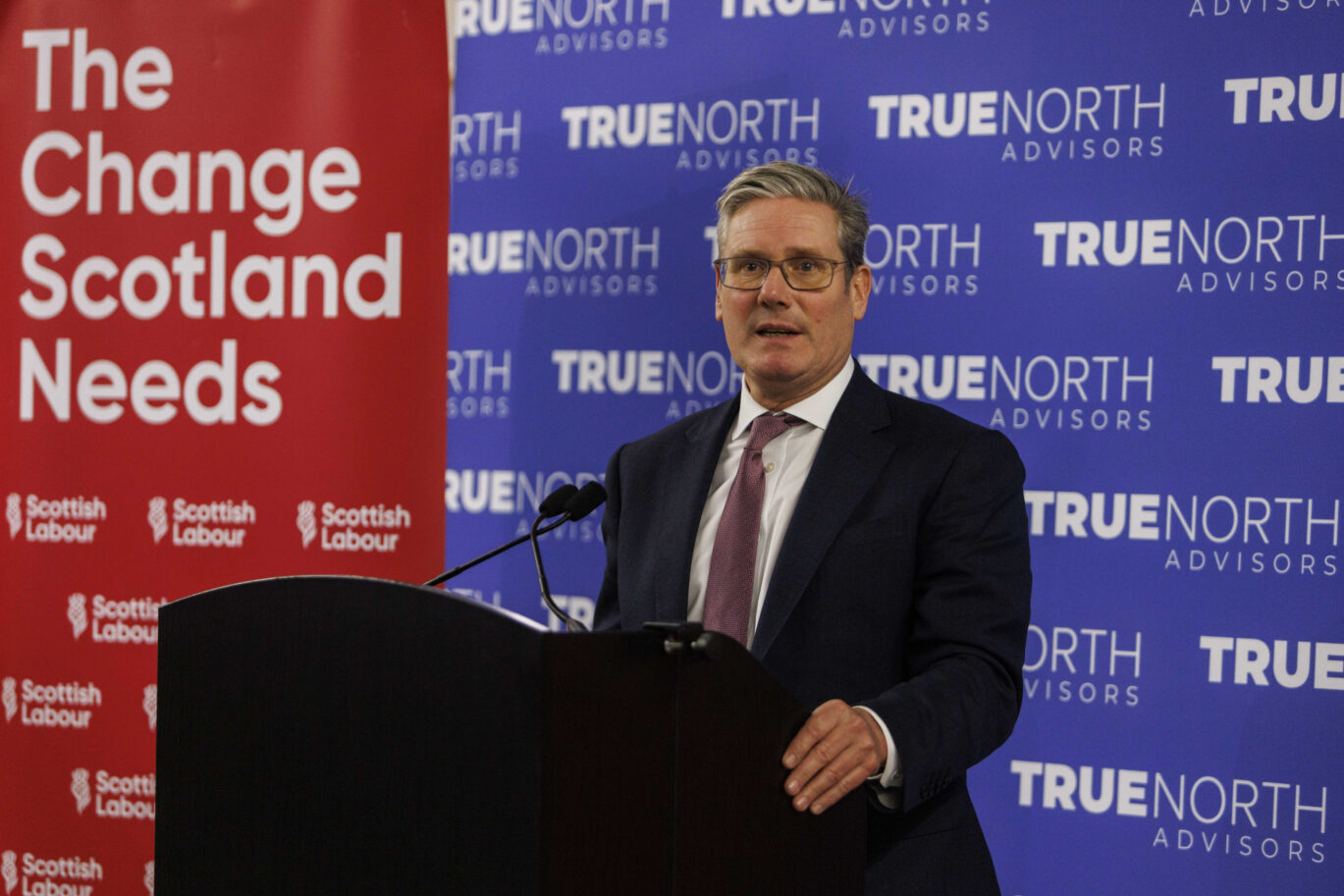36% of Scots would vote SNP in a UK General Election, placing support for the party just a nose ahead of Labour on 34%. The Conservatives and Liberal Democrats could expect to pick up 16% and 8% of the vote respectively.
On seats from these numbers (based on new constituency boundaries) Prof Sir John Curtice projects 23 apiece to the SNP and Labour, 6 seats for the Tories and 5 for the Lib Dems.
The SNP would enjoy a slightly wider winning margin at a Holyrood election, gaining 35% of the vote to Labour’s 31% in the constituency vote. On regional list voting intentions for Holyrood, the SNP would gain just 31% of the vote, with Labour narrowly behind on 29%, the Conservatives trailing by some distance on 16% and the Greens and Lib Dems each on 9%.
On these figures, the SNP would be expected to return 44 MSPs to the Scottish Parliament, with Labour returning 41, the Conservatives on 22, Lib Dems on 12 and Greens on 10, meaning no one party would come close to forming a majority.
Despite the downward trend in support for the SNP over the past year, support for independence remains comparatively robust – at 48% of the population.
The poll tested some of the early tactics from Labour and the SNP so far in this election year, including Anas Sarwar’s appeal to Yes supporters and Humza Yousaf’s calls to rid Scotland of the Conservatives.
However, just 7% of current SNP Westminster supporters say they would switch to Labour in order to stop the Conservatives winning seats, matched by the 7% of current Labour supporters who would switch to the SNP.
Equally, only 9% of current SNP voters think that Scotland would be better with a majority of Labour MPs in the event of a Labour government, no more than matching the 8% of current Labour supporters who think Scotland would be better with a majority of SNP MPs.
Meanwhile 68% of current SNP supporters would want the SNP to help sustain a Labour government (either in coalition or through confidence and supply) – suggesting the SNP may be wise to emphasise its willingness to do so in an election campaign.
Only 70% of current supporters of independence say they would vote for the SNP in a general election, while 18% are currently backing Labour.
People in Scotland remain, on balance, opposed to the power-sharing partnership between the SNP and Greens in government (41% opposed vs 28% supporting), with almost half the population hoping to see an end to the Bute House Agreement before a UK General Election.
The leadership ratings make for tough reading for the Prime Minister and First Minister. Rishi Sunak’s net approval rating in Scotland is -45, while Humza Yousaf’s is on -21.
While neither Keir Starmer or Anas Sarwar’s numbers are especially good (and many people still do not have a vew about Sarwar), their net favourability ratings (-6) and (-4) respectively are markedly better than that of the current incumbents in Downing Street and Bute House.
Commenting, Prof Sir John Curtice said:
“The SNP and Labour remain locked in a close contest for supremacy in Scotland at the next Westminster election.
“Despite there being no sign of any erosion of support for independence, the SNP are having to deal with the backdrop of a relatively unpopular leader and a record in government with which many of their supporters are unhappy.
“Yet it looks though the cry to vote Labour to help kick the Tories out may not be enough to propel Sir Keir Starmer’s party into a decisive lead north of the border.
“Both parties still have a lot of campaigning to do.”
Senior Advisor at True North, Dr Eilidh Whiteford, said:
“Despite extremely difficult headwinds, the SNP continues to lead Labour in voting intentions for both Westminster and Holyrood.
“However, there are indications in this poll that if Labour builds further momentum in the run up to the General Election, some SNP voters might be persuaded to switch.
“Support for independence remains solid, despite the challenging circumstances facing the SNP.
“However, this poll suggests that a resurgent Labour party heading into government at Westminster could become more attractive to soft independence supporters as momentum builds ahead of the General Election.”










